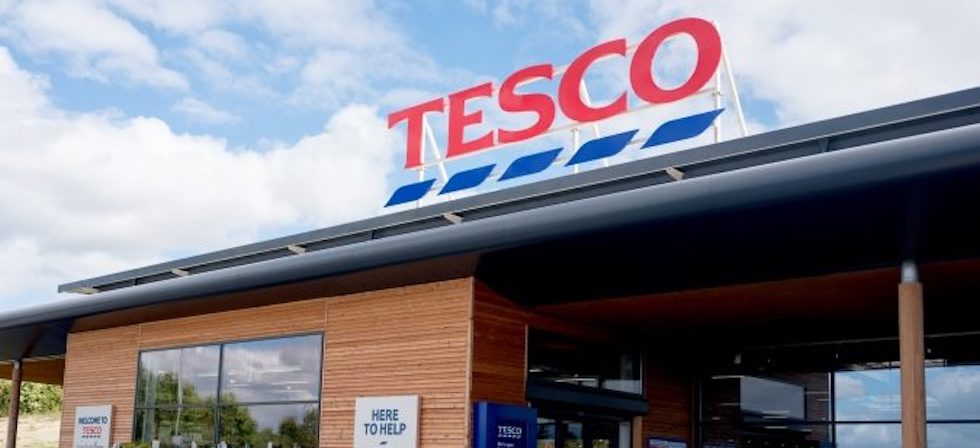In the retailer’s interim trading report, Tesco chief executive Ken Murphy said that its strategy of inflating “a little bit less and a little bit later” has consequently made its price position “more competitive.”
Murphy added: “We know our customers are facing a tough time and watching every penny to make ends meet. That’s why we’re working relentlessly to keep the cost of the weekly shop as affordable as possible, with our powerful combination of Aldi Price Match, Low Everyday Prices and Clubcard Prices, together covering more than 8,000 products, week in, week out. We’re also investing significantly in our colleagues, with a further boost to pay announced today for our UK stores.”
He went onto explain that customers are seeking out the value of Tesco’s own brand ranges as they work to make their money go further. Murphy added: “As we look to the second half, cost inflation remains significant, and it is too early to predict how customers will adapt to ongoing changes in the market.
“Despite these uncertainties, our priorities are clear. We have the right long-term strategy and we will continue to balance the needs of all of our stakeholders. Most importantly, we will stay focused on delivering value for our customers and supporting them in every way we can.”
In its latest report, Tesco said its overall revenue increased by 7% year-on-year. This included fuel sales growth of 38.7%, which it was “driven by inflation across the market and higher volumes.”
Year-on-year, Tesco said its actual sales increased by 3.5%, with growth across all segments. Sales strengthened in the second quarter as general market inflation increased, according to the retailer.
However, the retailers adjusted operating profit decreased by 9.8% to £1,315 million at constant rates due to significant cost inflation. Tesco’s statutory operating profit reduced overall by 43.6% year-on-year, as the Group reported the impact of “significant cost inflation”.









